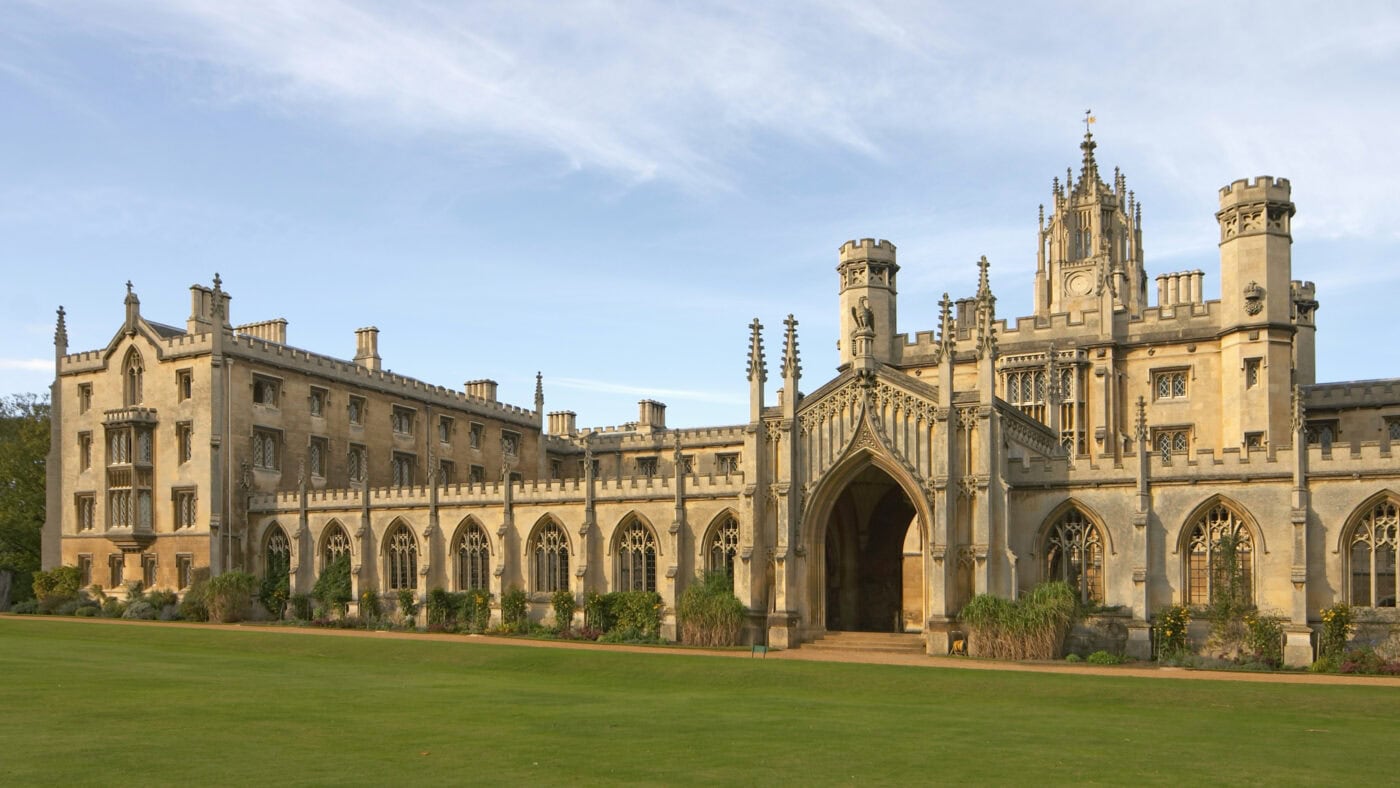You’re a new Labour government. You’ve come to power and now you need to decide which policies to keep in place from the old regime and which ones to implement to bring about economic growth, create new jobs and increase wages, all while not alienating the electorate.
In 1964, Harold Wilson’s new government contended with these issues in Birmingham. The city was an economic miracle as growth was up and unemployment was down compared to other parts of the country. However, rather than seeing this as an achievement, Labour saw it as a massive problem. It felt that Birmingham’s economic success would hasten the decline of other regions of the UK. As such, constraints were placed on the city’s growth.
Now, 60 years later, we once again have a new Labour government that faces similar challenges. This time, rather than Birmingham, the government needs to decide what to do about Cambridge.
Last year, Michael Gove announced his intention to see Cambridge become Europe’s Silicon Valley with the aim of building 150,000 new homes which would see the size of the city increase dramatically. Labour has yet to make it clear whether or not it intends to keep this plan, but here is why it should.
Cambridge does indeed have the potential to be Europe’s Silicon Valley. It is home to some of the world’s leading companies, research institutes, and one of the world’s greatest universities. In terms of science, computing, technology, AI and advanced manufacturing, it is only really Harvard and MIT of Cambridge, Massachusetts that can compete. For a city so small, Cambridge punches well above its weight.
However, rather than Cambridge’s small size being seen as a plucky story of the little guy achieving big things, it should not be a cause for celebration. The fact that Cambridge is so small is a policy failure.
The housing crisis in Cambridge means that renting or owning a property is becoming increasingly unaffordable for the people who already live there. This is driving up the cost of living and plunging many into poverty.
What’s more, it is forcing many people out of the city who are forced to make longer commutes each day for their jobs or causing them to abandon Cambridge completely and find work elsewhere. Affordability is also a barrier to attracting new talent to the city. This is a massive problem: it means that the city is missing out on the huge economic benefits which stem from agglomeration. Having lots of highly productive people living and working nearer each other drives economic growth. When it comes to increasing productivity in cities, bigger really is better.
This is particularly important for a city such as Cambridge because we know that agglomeration has a greater impact on activities centred around knowledge creation such as research and development. Given that Cambridge is a world leader in this field, we would expect this to be much higher than in pretty much any other place in the UK.
Some say the homes should be built elsewhere as you would get the same benefits while also helping to level up the country. However, building those homes elsewhere will not bring the same benefits for the reasons already stated.
Additionally, given how much economic growth would be achieved by building in Cambridge, the huge amounts of tax revenue raised could be redistributed to other parts of the country. It is not a zero sum game. Cambridge’s success will not mean the failure of other parts of the country. What is more, the government should also still be investing in every region of the UK and ensuring that enough homes are built in and around all of our major cities.
It’s not just more homes that Cambridge needs though. It needs to build offices, labs, transport infrastructure, data centres, wind turbines, solar farms and reservoirs. I wrote a longer piece on what this should look like for the Bennett Institute at Cambridge University but in short, it will involve building beautiful and well connected homes in and around the city centre including on parts of the green belt.
Getting approval for this will be difficult. When the plans were announced they were met with anger by local councillors who rightly pointed out that Cambridge already didn’t have the water infrastructure it needed to meet current demand. However, what they failed to mention is the reason for this is that plans for a new reservoir have been repeatedly blocked by local councillors and pressure groups.
It has been very encouraging to see Rachel Reeves mention her determination to build the things the country needs in order to drive economic growth, even if that means going against the wishes of local residents and potentially even Labour MPs. Cambridge should be seen as a test case in this regard.
Cambridge is too special to be allowed to remain too small. Allowing the city to grow will not only bring economic benefits to Cambridge and the surrounding towns but also help to bring prosperity to the rest of the UK. If the new Chancellor is serious about driving economic growth, then she will be prepared to take on the Nimbys and allow Cambridge to start building.
Click here to subscribe to our daily briefing – the best pieces from CapX and across the web.
CapX depends on the generosity of its readers. If you value what we do, please consider making a donation.


